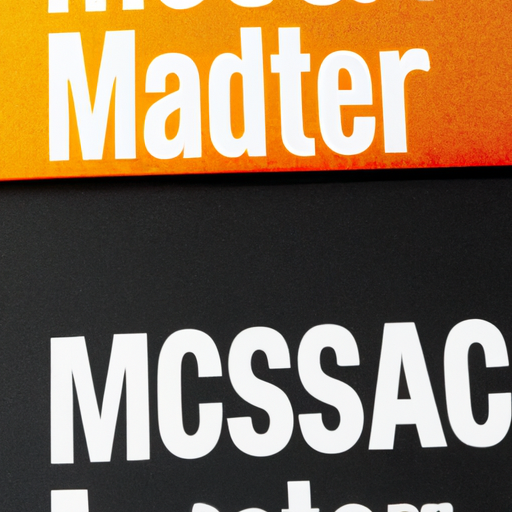In the world of finance, regulations play a crucial role in shaping the way businesses operate and consumers interact with financial products. One such regulation that has been a topic of debate among industry executives is the regulation of debit card fees.
Recently, executives from Mastercard and Fiserv, two major players in the payments industry, have taken opposing sides on the issue of debit regulation. At the heart of the debate is the Durbin Amendment, which was passed as part of the Dodd-Frank Wall Street Reform and Consumer Protection Act in 2010.
The Durbin Amendment placed caps on the fees that banks can charge merchants for processing debit card transactions. Proponents of the regulation argue that it helps to promote competition and lower costs for merchants, ultimately benefiting consumers. On the other hand, opponents, including some executives at Mastercard and Fiserv, believe that the regulation stifles innovation and limits the ability of banks to recoup the costs of providing debit card services.
At a recent industry event, executives from both companies voiced their opinions on the issue. Michael Miebach, CEO of Mastercard, expressed his support for the regulation, stating that it has helped to create a more competitive payments market. On the other hand, Frank Bisignano, CEO of Fiserv, argued that the regulation has had unintended consequences and has led to higher costs and decreased access to banking services for consumers.
The debate over debit regulation is likely to continue as policymakers and industry stakeholders grapple with finding the right balance between promoting competition and ensuring that banks can operate profitably. In the meantime, consumers are left to navigate the complexities of the payments industry, with the fate of debit regulation hanging in the balance.
